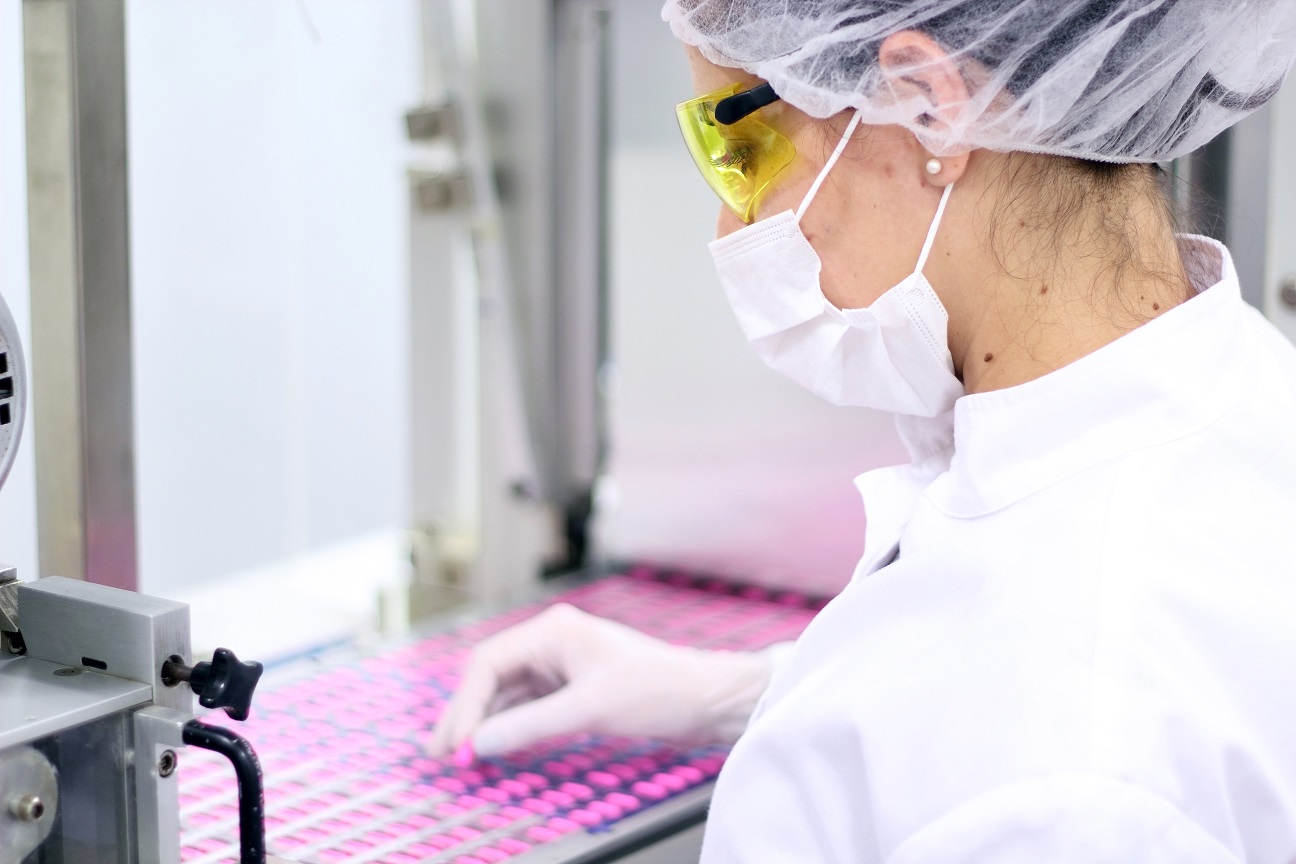Two terms that often arise in discussions of pharmaceutical manufacturing and production processes are “sterile” and “clean.” While they might seem interchangeable at first glance, understanding their nuanced differences is crucial for maintaining high standards of quality and safety in the pharmaceutical industry.
Sterility refers to the absence of viable microorganisms. In pharmaceuticals, particularly in the production of injectable medications, sterile conditions are essential to prevent contamination and ensure the safety of patients. Sterile products are free from bacteria, fungi, viruses, and any other microorganisms that could potentially cause harm when introduced into the body.
Achieving sterility involves rigorous processes and specialized techniques to eliminate or neutralize microorganisms. Common methods for sterilization include:
- Heat Sterilization: This method involves using high temperatures to kill microorganisms. Autoclaving, which utilizes steam under pressure, is a widely used heat sterilization technique in pharmaceutical manufacturing.
- Filtration: Filtration techniques involve passing liquids or gases through filters with pore sizes small enough to trap microorganisms. This method is commonly used for sterilizing heat-sensitive pharmaceutical products.
- Chemical Sterilization: Chemical agents such as ethylene oxide or hydrogen peroxide can be used to sterilize pharmaceutical products. These agents penetrate packaging materials to kill microorganisms.
Sterility assurance is a critical aspect of pharmaceutical quality control, particularly for products intended for injection, implantation, or use in sterile environments such as surgical procedures.
While sterility focuses on the absence of microorganisms, cleanliness pertains to the removal of visible and invisible contaminants to a level that is considered acceptable for a specific application. Cleanliness is essential in all aspects of pharmaceutical manufacturing, from equipment and facilities to personnel and raw materials.
Cleanliness measures aim to minimize the risk of contamination and maintain product quality. They include:
- Cleaning Procedures: Strict cleaning protocols are employed to remove residues, particles, and other contaminants from equipment, surfaces, and manufacturing environments. Cleaning agents and disinfectants are selected based on their effectiveness against target contaminants.
- Environmental Monitoring: Regular monitoring of air quality, surface cleanliness, and microbial levels in manufacturing facilities helps identify and mitigate potential sources of contamination.
- Personnel Hygiene: Proper hygiene practices among personnel, including handwashing, wearing cleanroom garments, and adhering to strict gowning procedures, are crucial for minimizing the risk of introducing contaminants into the manufacturing process.
Cleanliness standards are defined by regulatory agencies such as the FDA or the EMA (European Medicines Agency) and must be strictly adhered to by pharmaceutical manufacturers to ensure product quality and safety.
In the pharmaceutical industry, the terms “sterile” and “clean” represent distinct concepts with unique implications for product quality and safety. While both are essential for ensuring pharmaceutical products meet regulatory standards and deliver optimal therapeutic outcomes, they differ in their objectives, criticality, and methods of implementation. Do you need help ensuring your sterile products are safe and effective? Trust the experts at EMMA International to support your operations! Call us at 248-987-4497 or email info@emmainternational.com to learn more!
FDA (Oct 2004) Sterile Drug Products Produced by Aseptic Processing — Current Good Manufacturing Practice retrieved from: https://www.fda.gov/regulatory-information/search-fda-guidance-documents/sterile-drug-products-produced-aseptic-processing-current-good-manufacturing-practice





